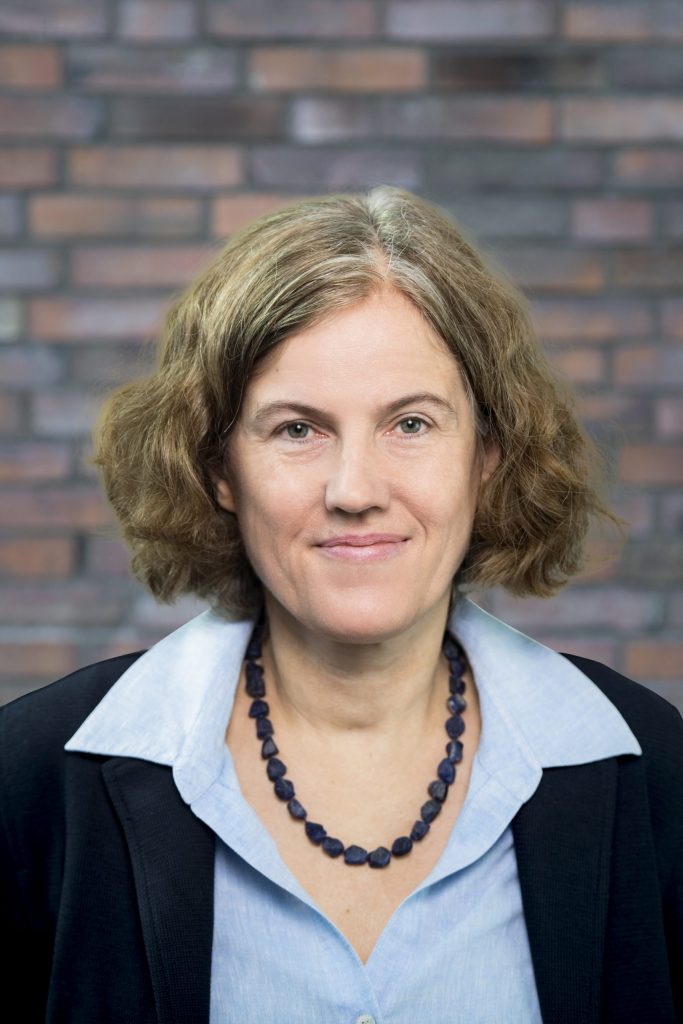Computer simulations and Artificial Intelligence – a “booster” for molecular research
In the new “SIMPLAIX” collaboration, researchers from HITS, Heidelberg University, and Karlsruhe Institute of Technology (KIT) are addressing challenges in the simulation of biomolecules and molecular materials by pooling their expertise in multiscale computer simulation and machine learning. The collaboration is funded by the Klaus Tschira Foundation.
Molecular mechanisms and the rational design of molecules and materials for specific applications have traditionally been explored using physics-based modeling and simulations. These methods have revolutionized modern science and technology. However, they reach their limits when it comes to mapping, exploring, and analyzing the infinitely complex and variable structures and properties of molecular systems over the wide range of relevant scales. Here, data-driven and machine learning methods offer a promising approach.
This is why the Heidelberg Institute for Theoretical Studies (HITS), Heidelberg University, and the Karlsruhe Institute of Technology (KIT) have launched the SIMPLAIX collaboration. They aim to combine the expertise of the three partner institutions to address the challenges of bridging scales in simulating biomolecules and molecular materials through multiscale simulation and machine learning.
In SIMPLAIX, these methods are being developed and employed to study a set of challenging research problems in biomolecules and molecular materials in 8 multidisciplinary, inter-institutional research projects. Examples of the topics studied include discovering the connection between collagen-related diseases and defense against radical damage, introducing machine learning for supported organic electrode materials, speeding up classical simulations or quantum chemical computations via predictions from machine learning, and predicting where inorganic and organic materials will break under force.
SIMPLAIX is coordinated by HITS researchers Rebecca Wade and Frauke Gräter. The initiative is enabled by the Klaus Tschira Foundation and financially supported by the three institutions. During the course of the initiative, eight young researchers will be recruited for the projects. Some positions have already been filled. The official SIMPLAIX launch event will take place on April 12, 2022, at Studio Villa Bosch, Heidelberg.
More information: www.simplaix.org
Scientific contact:
Prof. Dr. Rebecca Wade
Molecular and Cellular Modeling Group (MCM)
Heidelberg Institute for Theoretical Studies (HITS),
Press contact:
Dr. Peter Saueressig
Head of Communications
Heidelberg Institute for Theoretical Studies (HITS), Germany
peter.saueressig@h-its.org
About HITS
HITS, the Heidelberg Institute for Theoretical Studies, was established in 2010 by physicist and SAP co-founder Klaus Tschira (1940-2015) and the Klaus Tschira Foundation as a private, non-profit research institute. HITS conducts basic research in the natural, mathematical, and computer sciences. Major research directions include complex simulations across scales, making sense of data, and enabling science via computational research. Application areas range from molecular biology to astrophysics. An essential characteristic of the Institute is interdisciplinarity, implemented in numerous cross-group and cross-disciplinary projects. The base funding of HITS is provided by the Klaus Tschira Foundation.

